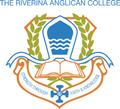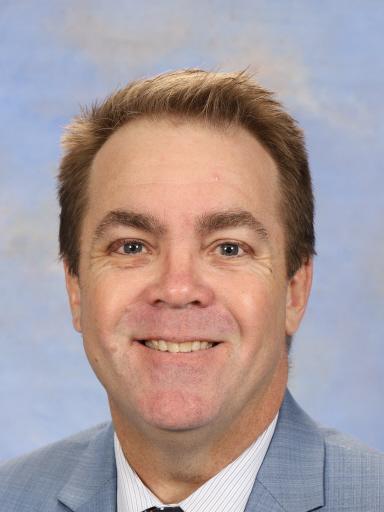Principal's Message

In Term 2 of Year 10, all students at The Riverina Anglican College seriously start thinking about their future and planning what subjects to study in Years 11 and 12. Our students learn about the three distinct TRAC pathways – The International Baccalaureate (IB), the Higher School Certificate (HSC) and for those who are not planning on attending university, the non-ATAR HSC. TRAC students receive information about scaling in the HSC, they are advised on how to make the right decisions in collaboration with our staff and their parents.
When considering the right pathway for Year 11 and 12, it is essential to think carefully about the subjects you enjoy and perform well in when choosing your IB or HSC subjects. More importantly though is that our students are encouraged to think about how they learn. The IB and HSC are very different in the ways in which they engage students and learning is different in these pathways. It is important for all students and parents to use the information provided here in 'Senior Pathways at The Riverina Anglican College' to decide which pathway is best suited to the type of learner they are. Students will spend a great deal of time studying over the next few years, so having an interest in what they are learning and how they learn will increase success and enjoyment, and students will be more likely to achieve their best results.
We discuss scaling in the HSC but it is essential that students avoid choosing subjects because they think they scale well. It is important to ensure the best chance of getting a high ATAR, but, it is a myth that certain subjects will guarantee it. I have sent scaling information to all students and parents in Year 10 and it is important that this is read in conjunction with all other information.
If you are having difficulty deciding which pathway and subjects are best for you, I suggest that students and parents work backwards and examine which future study areas you are interested in when you go to university. Use university course guides to create a shortlist of courses and check the assumed knowledge of each degree.
Assumed knowledge is the expected level of understanding you should have when you start a degree. While you can still get into a course without the assumed knowledge (i.e., doing a bridging course), it is best to have some experience in that subject, and you will know that you enjoy it.
A prerequisite is different from assumed knowledge, you must complete any prerequisites in order be eligible for an offer into a course. Some universities have mathematics prerequisites for some degrees, including agriculture, economics, commerce, engineering and IT, health, medicine, psychology, pharmacy, veterinary science and science.
To be eligible for admission into many of these courses, you will need to achieve at least a 4 in IB Mathematics or a Band 4 in the NSW HSC Mathematics (not General Mathematics) or equivalent. Choose a level of mathematics that aligns with your ability and future plans.
What students pursue in their IB Diploma or HSC is entirely up to them, but parents and teachers will always be able to provide excellent advice and should be consulted as many times as necessary until students are comfortable with their choices. Discussions with teachers about the IB and HSC subjects being considered is essential, especially for advice on which level best suits individual abilities, particularly with regards to Mathematics and English.
Finally, while these decisions are important, students are choosing IB or HSC subjects, not the rest of their life! Their pathway and subject choices can help them achieve their goals, but they do not limit them to a particular career path or stop them from pursuing others. All staff at The Riverina Anglican College are keen to assist in any way they can, so please take the time to discuss these decisions with us. We are here to help.
Yours sincerely
Paul
Paul Humble | Principal

